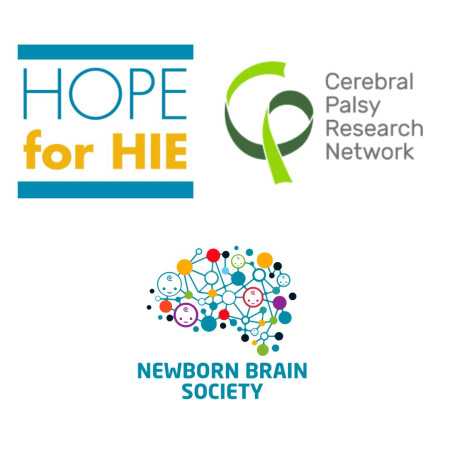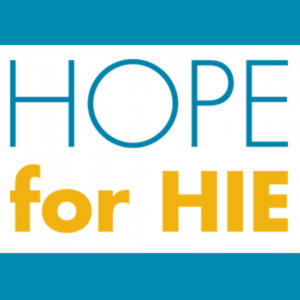Pediatric Neurology Organizations Partner, Receive Funding to Build Registry for Neonatal Hypoxic Ischemic Encephalopathy

WEST BLOOMFIELD TOWNSHIP, Mich., October 31, 2024 (Newswire.com) - Cerebral Palsy Research Network, Hope for HIE and Newborn Brain Society announce a partnership and receipt of funding to develop a patient registry for neonatal hypoxic ischemic encephalopathy (HIE). Investigators Danielle Guez Barber, MD, PhD, neonatal neurologist at Colorado Children’s Hospital, and Zach Vesoulis, MD, neonatologist from Washington University at St. Louis, are leading the project identifying babies with HIE in their respective neonatal intensive care units (NICUs).
The registry aims to fill a critical data gap to improve knowledge and research of long-term outcomes for the second leading cause of infant mortality and morbidity, worldwide, according to the World Health Organization. Children with HIE often face a range of outcomes across severity levels with common diagnoses of cerebral palsy, epilepsy, learning and attention issues, hearing and vision impacts, and other neurodevelopmental concerns.
“The current lack of data harmonization for this diagnosis has hindered a comprehensive understanding of the many ways HIE can impact a child and their family. Research advancement and many of the critical insights about long-term outcomes to drive research currently come from Hope for HIE’s global community of over 10,000 families through online support groups,” stated Betsy Pilon, Executive Director, Hope for HIE.
“Partnering with Hope for HIE and the Newborn Brain Society to extend our registry to include the clinical and patient reported details of HIE is a perfect fit for the registry infrastructure that we have built for cerebral palsy,” said Paul Gross, President and CEO of the CP Research Network. “Given that a diagnosis of CP happens in nearly 40% of all HIE cases, the opportunity to extend our data collection into the NICU and the patient community experience opens the door to important new discoveries in CP and HIE.”
The clinical aspects of the registry leverage the HIE Common Data Elements work led by Dr. Eric Peeples, neonatologist, University of Nebraska Medical Center, and the Newborn Brain Society. The community experience and patient-reported outcomes will be collected through extensions to the Hope for HIE website that mirror the CP Research Network Community Registry hosted in MyCP.
The registry workgroup has been meeting for nearly two years and recently received a start-up grant of $100,000 to show proof of concept and feasibility of the HIE registry. This collaboration among researchers, advocacy groups and medical societies is an exciting concept, ensuring what is built is patient-centric, adheres to privacy laws, and best practices.
“Newborn Brain Society members and leaders are passionate about the potential for better data collection, analysis and harmonization to help us understand more about the long-term outcomes associated with neonatal HIE, something that continues to be a gap area across neonatology and pediatric neurology. By activating our global membership, and collaborating with two established advocacy organizations, we can accelerate and improve data collection for multiple purposes including research and quality improvement initiatives,” stated Mohamed El-Dib, MD, president of the Newborn Brain Society.
An upcoming webinar is scheduled for November 19 at 8 p.m. ET where the greater community can learn more about this work. To register, visit https://cprn.org/mycp-webinar-series.
Source: Hope for HIE
